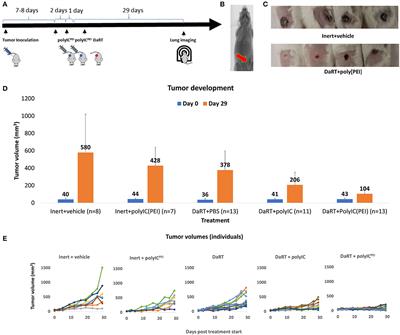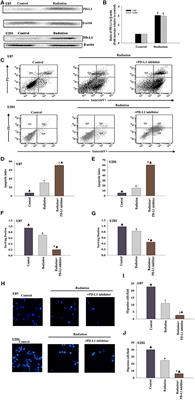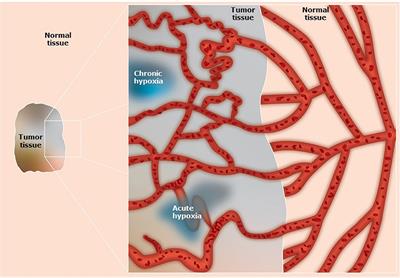EDITORIAL
Published on 10 May 2021
Editorial: Cell Signaling Mediating Critical Radiation Responses
doi 10.3389/fonc.2021.695355
- 1,129 views
23k
Total downloads
86k
Total views and downloads
EDITORIAL
Published on 10 May 2021
ORIGINAL RESEARCH
Published on 18 Feb 2021

ORIGINAL RESEARCH
Published on 11 Nov 2020

ORIGINAL RESEARCH
Published on 22 Oct 2020

REVIEW
Published on 19 Aug 2020

ORIGINAL RESEARCH
Published on 17 Jul 2020

MINI REVIEW
Published on 07 Jul 2020

ORIGINAL RESEARCH
Published on 27 May 2020

REVIEW
Published on 12 May 2020

REVIEW
Published on 21 Apr 2020

ORIGINAL RESEARCH
Published on 24 Mar 2020

ORIGINAL RESEARCH
Published on 11 Feb 2020

